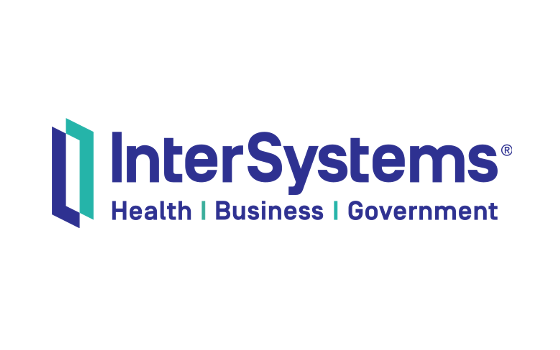 Thousands of healthcare professionals working across NHS Forth Valley's hospitals and clinics are to benefit from better access to joined up information on the patients in their care, following the go-live of the unified healthcare information system InterSystems TrakCare.
Thousands of healthcare professionals working across NHS Forth Valley's hospitals and clinics are to benefit from better access to joined up information on the patients in their care, following the go-live of the unified healthcare information system InterSystems TrakCare.
The deployment now means that 12 of Scotland’s 14 regional NHS boards have gone live with TrakCare, which is used to manage crucial information on more than 95% of Scotland’s population. NHS Forth Valley successfully migrated three separate legacy patient administration, emergency department and inpatient clinical systems into TrakCare. The move is an important step in creating a single electronic patient record for the board, that will make it easier to access and follow patient information across acute and community healthcare settings.
Mr Andrew Murray, medical director at NHS Forth Valley, said: "Clinical engagement has been key in our initial go-live and we will continue to refine how TrakCare fits into patient flow and clinical workflow, to ensure our busy clinicians have easy access to the information they need."
Some 4,000 staff will use TrakCare to deliver informed care across the board’s modern acute hospital, which has 860 beds, and four community hospitals. Moving towards a single record system is also expected to help community services such as GP practices, mental health, community nursing and allied health professionals in the delivery of care.
The complex go-live was successfully achieved over the course of a single weekend in April 2019, following an intensive period of planning and development, that involved data migration from older systems, configuration around working practices, and training for thousands of staff with a team of just 20 people.
Rowen Paton, eHealth and digital programme delivery manager, NHS Forth Valley, said: "Our small eHealth team, in partnership with frontline staff, has worked tirelessly to deliver this important milestone that will help us meet ambitions in our digital delivery plan, and lay the foundations for a single electronic record that will eventually benefit our whole healthcare system. We will continue to develop how the system is used, so that we can build on the board’s existing paper light achievements, drive up data quality further and ease important communication between staff."
TrakCare will also support the delivery of a Single Master Patient Index and improve identification of patients.
Charles King, InterSystems lead in Scotland, said: "NHS Forth Valley has long been forward thinking in digital health, and should be applauded for this latest project in which the board's highly motivated eHealth team has managed an impressive delivery of digital technology. Having already seen the board engage with other NHS organisations in Scotland that use TrakCare, we look forward to NHS Forth Valley becoming an integral member of the TrakCare community, so that through collaboration, the NHS can make the best use of digital technology and joined up information."
About NHS Forth Valley
NHS Forth Valley is one of 14 regional health boards and serves a population of around 300,000 in a diverse geographical area which covers the heart of Scotland.The board controls an annual budget of approximately £570 million, and employs around 8000 staff. Our modern acute hospital - Forth Valley Royal Hospital in Larbert - is one of the most advanced and well equipped in Europe, and is supported by a network of four community hospitals, 56 health centres, day centres providing care and support for patients with mental illness and learning disabilities and a wide range of community based services.
We are home to the Scottish Centre for Clinical Simulation and Human Factors, one of the most advanced training facilities of its kind where medical staff are able to hone their skills using computerised mannequins. In addition, NHS Forth Valley has been named in a survey of trainee doctors as one of the top places to be in the UK for medical education and training.
About InterSystems
InterSystems is the engine behind the world's most important applications. In healthcare, finance, government, and other sectors where lives and livelihoods are at stake, InterSystems is the power behind what mattersTM. Founded in 1978, InterSystems is a privately held company headquartered in Cambridge, Massachusetts (USA), with offices worldwide, and its software products are used daily by millions of people in more than 80 countries.